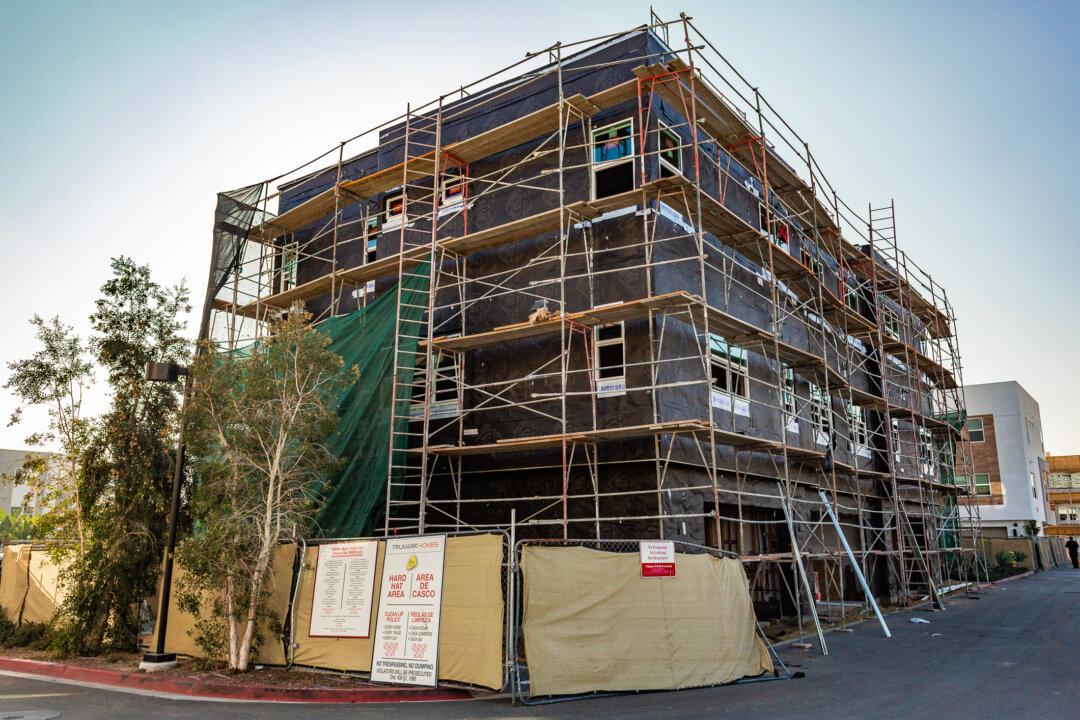The mayor of Newport Beach said his city will face a challenge to add the required number of new units mandated by the state in an effort to create affordable housing in Orange County.
Per California’s Regional Housing Needs Assessment (RHNA) mandate, Newport Beach needs to meet the state’s quota of 4,834 new high-density and affordable housing units by October 2029.





